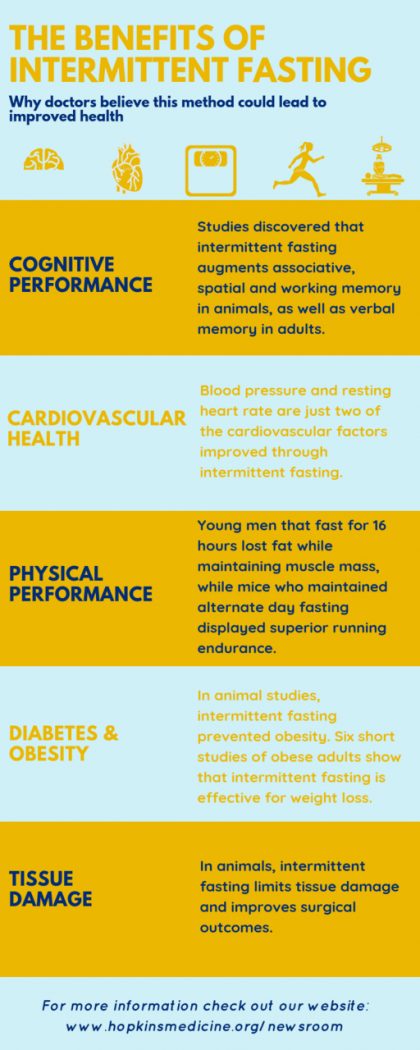Do You Want to Live Longer? Intermittent Fasting Can Help!
Intermittent fasting to feel better and have a longer life

The new year has begun and so will the race to chase fitness via new year resolutions. While some people will chase crazy goals like a six-pack in four weeks, some people will opt for long-lasting changes that can make them healthy. One of such changes could be to depend on intermittent fasting that can help not only with weight loss but can also help people lead a longer life too.
While following intermittent fasting, some people (like Mike “The Situation” Sorrentino of Jersey Shore fame) lose weight by feeding during a 6-8 hours timespan like 2 pm to 8 pm or 2 pm to 10 pm. Another method is consuming normal meals for five days a week and having one meal the rest two days of a week (as done by Jimmy Kimmel). Most experts also recommend doing some simple exercises along with following the new diet routine to get the best results.
A study published in the New England Journal of Medicine has revealed that intermittent fasting could lead to a longer and healthier life. An article was written regarding the new study by a 20-year intermittent fasting practitioner, an expert researcher and neuroscientist Mark Mattson that was published in Johns Hopkins Medicine in which he concluded that it “could be part of a healthy lifestyle.”

Mattson noted that four studies in people and animals have revealed that intermittent fasting could help reduce blood lipid levels, blood pressure and even resting heart rates. Two studies were organised by University Hospital of South Manchester NHS Foundation Trust, in which 100 overweight women were subjects. The results showed that women who had 5:2 diet lost the same amount of weight as compared to women who restricted calories. Mattson mentioned that women who followed the Intermittent fasting had reduced belly fat and did better on insulin sensitivity tests as compared to women with a restricted-calorie diet.
A multi-centre clinical trial that was conducted at the University of Toronto also unveiled that 220 healthy adults who had a calorie-restricted diet for two years performed better during cognitive tests that were designed to measure memory. Though it’s just a preliminary study, it clearly indicates that dieting might help with the prevention of dementia and neurodegeneration.

More Cool Stuff on EliteMen









